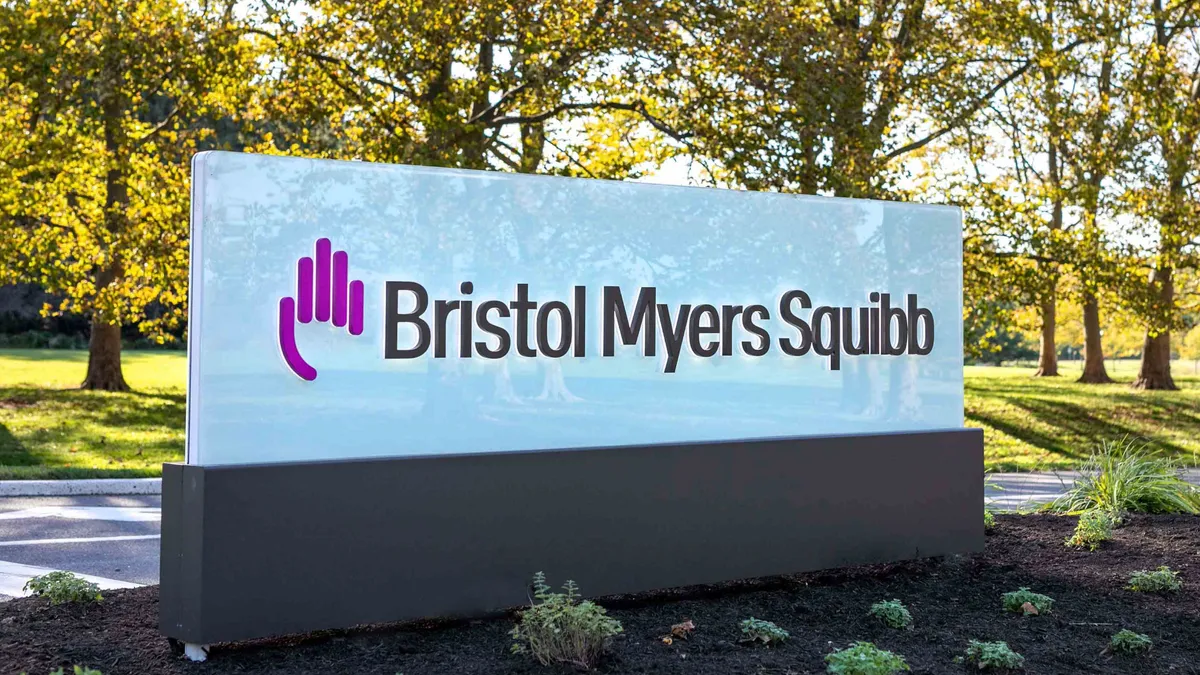Adverum Biotechnologies, a gene therapy developer, has agreed to sell all its outstanding shares to Eli Lilly for an upfront amount that is less than the company’s most recent closing stock price.
Lilly, through an acquisition announced Friday, plans to pay $3.56 in cash for each share — reflecting a nearly 15% discount from the $4.18 price they traded at the day prior. Yet, Adverum investors would also receive so-called contingent value rights that may be worth up to $8.91 per share if the company’s most advanced therapy hits certain goals.
Altogether, the deal value could reach roughly $261 million.
Adverum, formerly named Avalanche Biotechnologies, has been working for nearly two decades to develop genetic medicines for sight-threatening eye diseases. The company raised $102 million in 2014 by going public, and changed its name not long after as part of a reverse merger. Its lead research program is evaluating whether a gene therapy known as “ixo-vec” can help patients with the “wet” form of a degenerative eye condition that affects millions of people in the U.S. alone.
Shares of Adverum have, for most of its history, traded below their debut price. They plummeted in mid-2015, then again in the spring of 2021 after a serious side effect popped up in a study testing ixo-vec in patients with eye damage caused by diabetes. Adverum shares have stayed suppressed over the past few years, amid a major falloff in investor sentiment for cell and gene therapy research and skepticism surrounding prospective genetic medicines for age-related vision loss.
In 2024, Adverum posted a net loss of $131 million. It held $44 million worth of cash, cash equivalents and short-term investments as of June 30, a total the company warned would not be enough to keep the lights on for another year.
In a statement, Adverum said its board of directors evaluated a “range of potential sources of additional capital and financing options,” and had “numerous discussions with potential partners and buyers.” Board members ultimately concluded that selling to Lilly is in the best interest of Adverum and its shareholders, and have voted unanimously in favor of the deal, which is set to close before the end of the year.
Adverum CEO Laurent Fischer said Lilly’s “scientific depth and global reach” can help accelerate the process of bringing a “transformative” therapy to people with wet age-related macular degeneration. Andrew Adams, who helps oversee Lilly’s molecule discovery work, echoed that idea in the Friday statement, claiming that ixo-vec could change the treatment landscape “from a paradigm of chronic care with repeated intravitreal injections to a convenient one-time therapy.”
For Lilly, the acquisition furthers a recent and significant push into genetic medicines.
In 2020, the company acquired Prevail Therapeutics for a Parkinson’s disease gene therapy. Two years later, Lilly pumped $700 million into a Boston-based research institute that is using RNA- and DNA-based technologies to create new drugs. Later that year, Lilly offered up more than $600 million to acquire the biotech Akouos and its slate of gene therapies for hearing loss.
Lilly then bought Sigilon Therapeutics, a developer of cell therapies for diabetes, in 2023 and Verve Therapeutics, which is focused on “one-and-done” treatments for cardiovascular disease, in 2025. As with Adverum, Lilly snapped up both Sigilon and Verve at enormous discounts to where their shares were trading several years ago. The earlier of those deals was also heavily backloaded, with $14.92 per share paid up front and another $111.64 per share rooted in contingent value rights.
At least one of those deals has borne some fruit, as, last year, Lilly disclosed positive early results from a trial testing an Akouos therapy.
Per terms of the new acquisition, Adverum shareholders will get up to $1.78 per contingent value right if ixo-vec gets approved in the U.S. within seven years of the deal closing. They might also take home up to $7.13 per right if, within the next decade, annual worldwide net sales of the therapy exceed $1 billion.
As part of the deal, Lilly has agreed to lend Adverum $65 million to support the ongoing clinical trials and future regulatory procedures needed to bring ixo-vec to market.
Lisa Walter, an analyst at the investment bank RBC Capital Markets who covers Adverum, wrote in a note to clients that her team believes this is “the right pragmatic decision” for the biotech given its current financial position.
However, achieving the full value of the contingent value rights will likely be difficult, Walter wrote. Her team has concerns about ixo-vec’s safety, and several competitors — including Ocular Therapeutix, Eyepoint Pharmaceuticals, and a partnership between AbbVie and Regenxbio — are likely to launch their own wet AMD products ahead of Adverum, “making it more challenging to jostle for market share.”





















